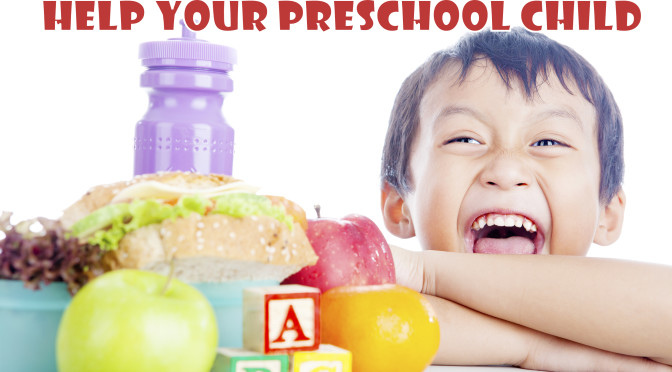
Parents play a crucial role in a preschool child’s education. Whether the child goes to a preschool, or is home schooled, the development and growth is the same. Being ready for kindergarten involves obtaining certain skills. Those skills will be taught by a teacher and practiced with the parents.
Below are 5 tips you can use to build a strong basic foundation for your child’s knowledge.
Parents can help their child develop a love for reading very early. Reading stories to your baby may seem too early, but language is already beginning. Hearing nursery rhymes and other stories build the foundation they will need. Fabric books for babies, and board books for toddlers, provide an easy way to help them begin to appreciate reading. The one-on-one reading time between parent and child is essential to the growth and language development of the child. Those ten to twenty minutes each day is invaluable. Reading to children is an integral part of preschool age learning.
In preschool, students will learn to recognize and name all of the uppercase letters, some lowercase letters, and their own first name. Parents can help by providing magnetic letters to play with on the fridge. Parents can encourage their child to practice writing their own name on a coloring or activity page. Additional fun ways to practice letters can include writing in sand on a tray, or using colored sidewalk chalk outside. While in the car, play an alphabet game with them. Finding letters of the alphabet on store fronts or signs is a great way to learn and play.
Preschool teachers will also teach about colors, basic shapes, and some body parts. Asking questions about these things in everyday conversation is easy. When reading a book together, ask things like “what color is her shirt?” “Is the party hat in shape of a triangle?” When getting dressed, talk about putting the shirt over their head. Play the “where is” game. “Where is your nose?” “Where is Mommy’s nose?” Play “I Spy” in the car. “I spy something that is green and grows in the yard.” Counting up to the number 10, and counting up to 10 objects, will also be taught in preschool. This is an easy skill to practice at home! “Count how many steps it takes to put your toy away.” “How many snack crackers do you have?” “Let’s count to 10 while you brush your front teeth.” Kids love to count how many times they can hop, skip, jump, or twirl.
Using fine motor skills properly is another important skill they need to develop before kindergarten. Being able to color with crayons, paint with a brush, cut with scissors, and glue objects at home, will be a fun way to practice and train those fine motor muscles.
Last but not least, help your child develop social skills and manners. They need to know how to share and get along with other children. They should be able to ask questions when they need help. Provide opportunities for them to play with other children. Help them role play how to get the teacher’s attention. Teach them how to be polite and use words like “thank you” and “please.”
I love the preschool age! Kids are so curious when they are four years old. They ask “why” to everything. Sometimes it can be frustrating answering questions that hardly make sense. Be patient. Your attitude toward learning is showing. Give them opportunities to see and explore new things. You can really enjoy when you help your preschool child learn. Recognizing letters, colors, shapes and numbers will you’re your child feel confident in kindergarten. Mastering fine motor skills and social skills is fun for both the parents and the child.
“A love for learning is always taught at home”